Adoniram Judson
Original price was: $19.99.$15.99Current price is: $15.99.
Adoniram Judson – One of the most committed missionaries the world has ever known.
| Quantity | Discount |
|---|---|
| 10 - 99 | 20% |
| 100 + | 40% |
Share this product
Adoniram Judson – One of the Most Committed Missionaries the World Has Ever Known
Step into the extraordinary life of Adoniram Judson, one of America’s first foreign missionaries, whose unwavering commitment to preach the Gospel in other nations laid the foundation for modern missions. Born in 1788 in Massachusetts, Judson’s journey began with an insatiable thirst for knowledge and a brilliant academic career. Yet his life took a dramatic turn when he felt the undeniable call to serve God among the unreached. Against formidable challenges, he embarked on a mission that would change not only his life but the spiritual landscape of Burma (now Myanmar).
This definitive biography, penned by his son Edward Judson, traces Adoniram’s transformation from an ambitious scholar to a devoted servant of Christ. It chronicles his harrowing trials, including imprisonment, illness, and the devastating loss of loved ones, alongside his steadfast determination to translate the Bible into Burmese – a monumental task that would ensure the Word of God reached generations of Burmese Christians. His work also led to the establishment of local churches and a missionary legacy that continues to inspire Christ-followers of today.
More than just a historical account, this book delves into the personal sacrifices and spiritual convictions that drove Judson forward. It reveals the depth of his faith, the profound love he had for the people he served, and his remarkable ability to persevere under the most grueling circumstances. From the formative years in New England to his lasting impact in Burma, Judson’s life is a vivid testament to the power of God and the enduring influence of those willing to forsake all for the cause of Christ.
Whether you are a student of history, a seeker of inspiration, or a Christian eager to learn more about missionary work, this compelling biography will challenge and encourage you, offering a poignant reminder of the eternal significance of faithfulness and sacrifice.

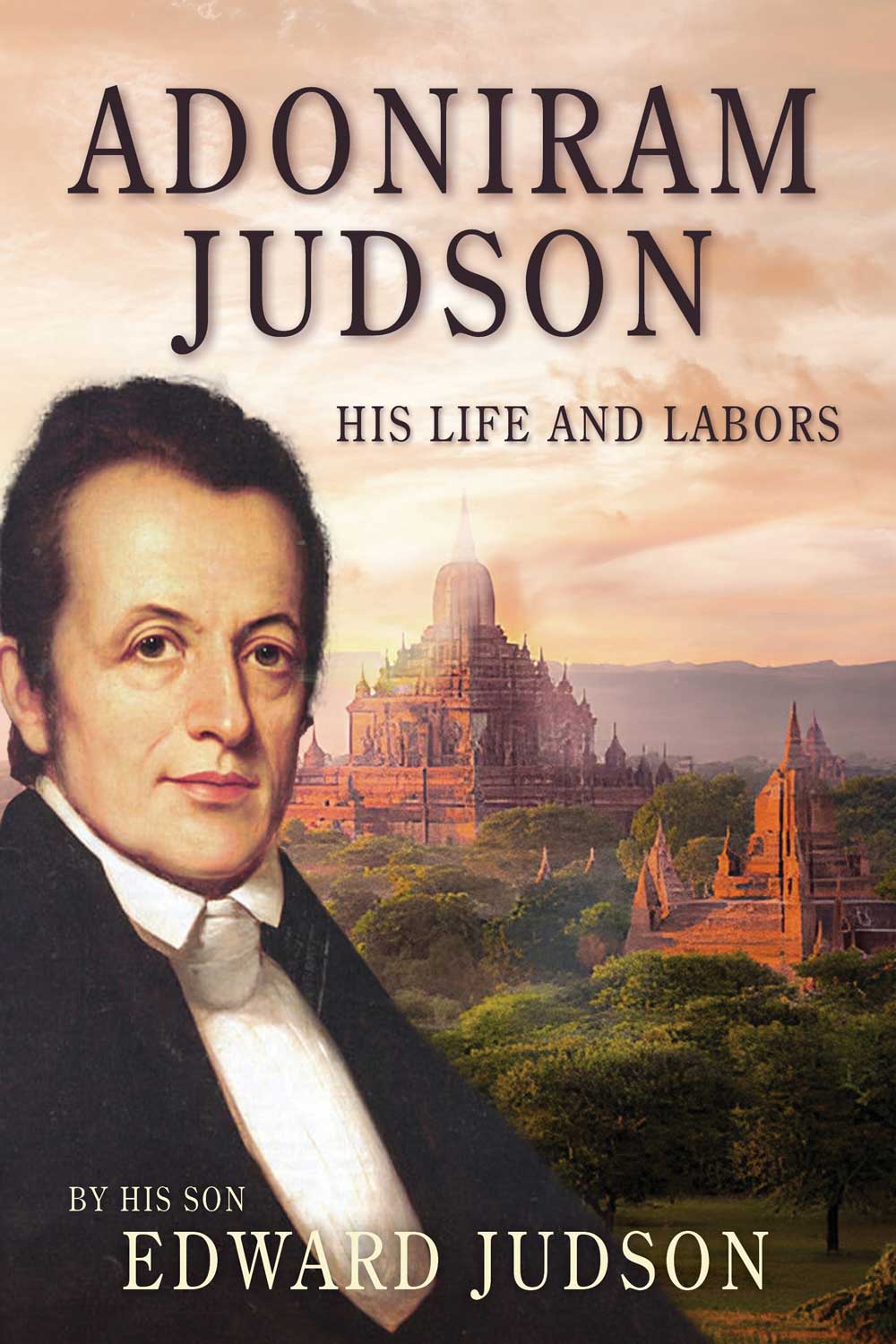
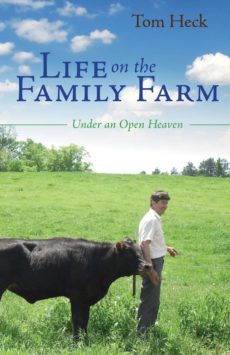
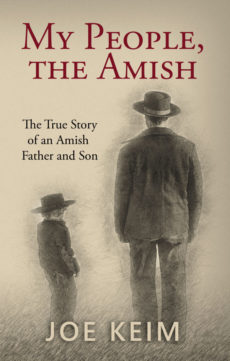
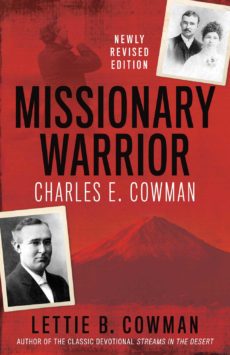
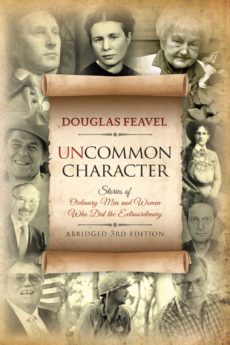
1 review for Adoniram Judson
I knew little about Adoniram Judson, other than that he had a university named after him. I downloaded this book and then saw that it was over 700 pages. Oh my … It was written a couple of hundred years ago by one of his sons (he had 13 children with 3 wives), and I can’t really critique an 1850 book with 2025 sensibilities, but I wish it was about 1/3 the length. The size of the book is going to turn away many readers. That said, once I got into the style of writing, I enjoyed inhabiting this world for a week or so.
Adoniram (what a name!) Judson was born in Massachusetts in 1788. He was a precocious child, learning to read at 3. His mother taught him to read, thinking that this would be a nice surprise for her husband when he returned from a journey. Adoniram learned so well that when his dad arrived, he greeted him by reading an entire chapter of the Bible for him. His sister recalls that her brother liked to gather neighborhood children and play church, with himself serving as minister, at age 4. He grew up continuing to love books, and it was mentioned that there were really no “children’s books” then, so he read his father’s theology books and classic novels of the time.
From his youth, he was motivated and worked hard: “A few days and our work will be done. And when it is once done, it is done to all eternity. A life once spent is irrevocable. It will remain to be contemplated through eternity. If it is marked with sins, the marks will be indelible. If it has been a useless life, it can never be improved. Such it will stand forever and ever … Each day will not only be a witness to our conduct but will affect our everlasting destiny. No day will lose its share of influence in determining where our seat in heaven shall be. How shall we then wish to see each day marked with usefulness! It will then be too late to mend its appearance. It is too late to mend the days that are past. The future is in our power. Let us, then, each morning, resolve to send the day into eternity in such a garb as we shall wish it to wear forever. And at night, let us reflect that one more day is irrevocably gone, indelibly marked.” Wow, motivating!
Judson and his wife, Ann, leave the US, where he intends to be a missionary in Burma. I’m not well acquainted with that country, and in my mind I kept envisioning “The King and I” because it seems to be nearby and the same type of culture/garb as that musical. From the first, he had adventure, as his ship was captured on the way by French pirates for a few months. But Judson used even this experience: “It seemed to him that God had permitted this capture and all his trouble as a trial of his faith; and he resolved, in the strength of God, to bear it, as he might be called upon to bear similar trials hereafter.” Gotta love that spiritual maturity.
Back on the ship, Judson was facing a spiritual crisis: he had been raised as a Congregationalist, but came to believe that Baptists had a better theology. He became a Baptist, feeling strongly that baptism should be reserved for believers rather than “unconscious infants.” But this was a big deal because he knew it would grieve his American friends, to the extent that many of his supporters back home would not send support anymore. “I hope … that while my friends condemn what they deem a departure from the truth, they will at least pity me and pray for me.”
He arrives finally in Burma, meeting the mostly Buddhist “half-wild people” who unlike most Asians “are not a fawning race. They are cheerful and singularly alive to the ridiculous and are buoyant, elastic, and soon recovering from personal or domestic disaster … at all times frankly yield to the superiority of a European. Though ignorant, they are, when no mental exertion is required, inquisitive, and to a certain extent eager for information.” This goes on, and would be condemned today, but I have to appreciate reading observations as they would have been at that time.
Having arrived, his first task was to learn the language–not an easy task, since the language there was nothing like English, or even another European language. “We have no dictionary, and no interpreter to explain a single word, and must get something of the language before we can avail ourselves of the assistance of a native teacher.” I can’t imagine.
Mrs. Judson kept having health issues (as did the future Mrs. Judsons). I had to wonder what modern-day name these problems would have. Usually, the person was advised to get onto a boat to alleviate the issue. In this case, after three months in another location, Ann returns and “was made the happy mother of a little son. I had no physician or assistant whatever except Mr. Judson.” Oh my.
Judson was discouraged at first. In addition to learning a really tough new language, the Burman emperor refused to allow him to teach Christianity. “I have … wholly failed in my undertaking. Where, my rebellious heart is ready to cry, is the wisdom of all this? … Be still, my soul, and know that He is God.” It took over 7 years in the country before he baptized his first convert: “We sow on Burma’s barren plain, we reap on Zion’s hill.”
After a few years in the country, a war broke out and Judson was taken prisoner for 21 months (on the false charge of being a spy). This would be bad for anyone, but Judson’s fastidious, particular nature made it even worse for him. “Had it not been for an assured conviction that every additional trial was ordered by infinite love and mercy, I must have sunk under my accumulated sufferings.”
After the war ends, Judson’s wife dies. She never seemed to adjust well to the climate in Burma, and again, I’m wondering (in present-day terms) what was going on with that. He marries again, a woman who was married to another missionary in Burma who died. Fast-forward that this wife dies later too, and he finally marries again, in his late 50s, to an American woman in her early 30s. She finally outlives him. Along the way, he has 13 children, many of whom die young. I wondered whether this was due to living in Burma, or just a sad consequence of the times. If a child made it to 5 or so, the couple would send them to the US for the better climate. And often, they would send them expecting never to see them again on earth. I couldn’t imagine!
During these years, Judson also single-handedly translated the entire Bible into Burmese, if you can imagine. And as his congregation slowly grew, it was interesting to me that he was pretty tough on who he’d agree to baptize. I would think he’d take anyone who wanted to! But I know, it’s a different culture and things may be different. For instance, once mention is made of someone who became a Christian, then later made a sacrifice to a demon in hopes of a recovery for a sick child.
It was also interesting to read Judson’s opinions that distributing many entire Bibles among the Burmese was “the greatest mistake” he ever made, feeling instead that “our business is to propagate the Gospel, scatter the good news of salvation, and let everything else alone.” This seems shocking, but I kind of get it. I’m not sure being hit with all the prophets, etc. would be that enticing or understandable to someone in a culture totally alien to Christianity.
Judson was in Burma for 30+ years before finally going to America briefly (and it sounds like, reluctantly). He had made up his mind to live and work in Burma. Similarly, as he got older he prepared his mind for death. “He who appoints all our times and bounds of our habitation does all things well, and we ought not to desire to pass the appointed limits.” To one of his sons, living overseas, he writes that it would be nice to see him, but “it is of little consequence where we spend the short remnant of life. Heaven is before us. Let us pray much and live devoted to God, and we shall soon be united in that happy world where there is no dividing sea.” What a great attitude!
Sarah Judson, his second wife, had a similar attitude when she faced death at 42; “she had been in the habit of contemplating death as neither distant nor undesirable.” This is probably a practice more of us should do today. Judson writes of his regret that no portrait exists of this fine lady.
More thoughts on life and eternity: “You have but one life to live in which to prepare for eternity. If you had four or five lives, two or three of them might be spent in carelessness. But you have one only. Every action of that one life gives coloring to your eternity. How important, then, that you spend that life to please the Savior, who has done everything for you!”
Frequent mention is made of Judson’s habit of walking “or rather running” a few miles each morning, not on flat land but up and down hills. He was convinced that this practice led to his relative longevity for the time (he died at 62 of some type of lung infection). He remained vital to the end, musing “I suppose they think me an old man and imagine it is nothing for one like me to resign a life so full of trials. But I am not old — at least in that sense; you know I am not. Oh, no man ever left the world with more inviting prospects, with brighter hopes or warmer feelings … I feel as if I were only just beginning to be prepared for usefulness.”
Suffering from an illness, it was suggested that he take that ubiquitous ‘sea voyage,’ and so he was carried to a ship, where a week or so later he died and was buried at sea. He had hoped to build a church of a hundred converted Burmans and convert the Bible into their language. In the end, he baptized over seven thousand and translated not only the Bible, but most of a Burmese dictionary as well.